Many people think medical ethics is a dry and boring subject mainly for the ivory towers of academia. Nothing could be further from the truth. One of the foremost aims of medical ethics is to make sure that people receive treatments that demonstrably do more good than harm, so it directly relates to the health and wellbeing of all of us.
In conventional medicine, numerous safeguards are in place to make sure doctors adhere to generally accepted ethical standards. In alternative medicine, however, medical ethics has largely remained a blind spot.
Therapeutic decisions of any kind should normally be taken after a healthcare professional has provided evidence-based advice to a patient. In alternative medicine, by contrast, consumers often make up their own minds whether to try this or that treatment; advice is not mandatory but information is abundantly available.
In order to ensure the consumers' choice generates more good than harm, the publicly available information on alternative medicine would need to be reliable. We all know that this is not the case and that insisting on 100% reliability in a free market would be Utopian. Who, for instance, could even begin to vet the 50m or so websites that supply consumers with information on alternative treatments? But at the very least, information provided by healthcare professionals should not endanger the consumer.
The undeniable fact, however, is that the information supplied by practitioners of alternative medicine is often incomplete, wrong or dangerously misleading to the point of seriously endangering public health and thus violating medical ethics.
Here are two examples to back up this bold statement. The first relates to UK chiropractors who frequently fail to obtain informed consent before treating their patients. Yet, without it, informed decisions are impossible. Crucially, the lack of informed consent is a clear violation of every ethical code ever written.
My second example relates to those UK homeopaths (and chiropractors) who advise a mother not to vaccinate her child. This not only endangers the health of that particular child, but could bring back infectious diseases on a large scale.
Alternative clinicians are not the only ones who behave unethically. Pharmacists who sell homeopathic remedies or Bach Flower Remedies without making it clear that they contain not a single molecule of active ingredient also violate their own ethical code. In fact, all healthcare professionals who administer, prescribe or promote disproven treatments break fundamental rules of medical ethics.
What could be worse than individual healthcare professionals behaving unethically? Their professional organisations doing the same. Most chiropractic organisations worldwide make therapeutic claims that are not supported by evidence.
Similarly, the Society of Homeopaths claims on its website that, for a wide range of serious conditions, the evidence for homeopathy is convincing. One of them is a potentially serious condition that can occur after surgery, called post-operative ileus. Ironically, they base this particular claim on an article published by my team. What they fail to mention is that our article concluded that "several caveats preclude a definitive judgement".
And what could be worse than national organisations violating medical ethics? International organisations doing the same. Some years ago, a report from the World Health Organisation claimed that acupuncture is a "proven therapy" for a range of serious and treatable conditions including, for instance, stroke. Yet the evidence shows the opposite: a Cochrane review concluded "Currently there is no clear evidence on the effects of acupuncture on subacute or chronic stroke.
A report from a well-respected organisation such as the WHO is read around the world. In my view, this is therefore unethical on a global scale.
So medical ethics is anything but boring. The level of misinformation about alternative medicine has now reached the point where it has become dangerous and unethical. So far, alternative medicine has remained an ethics-free zone. It is time to change this.
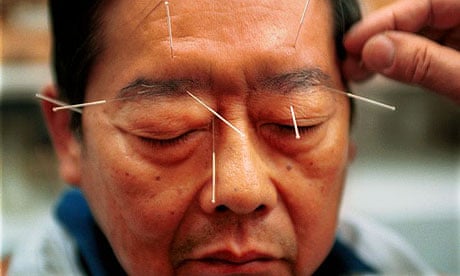


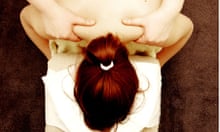


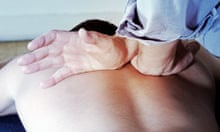

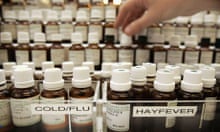
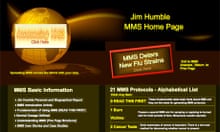
Comments (…)
Sign in or create your Guardian account to join the discussion